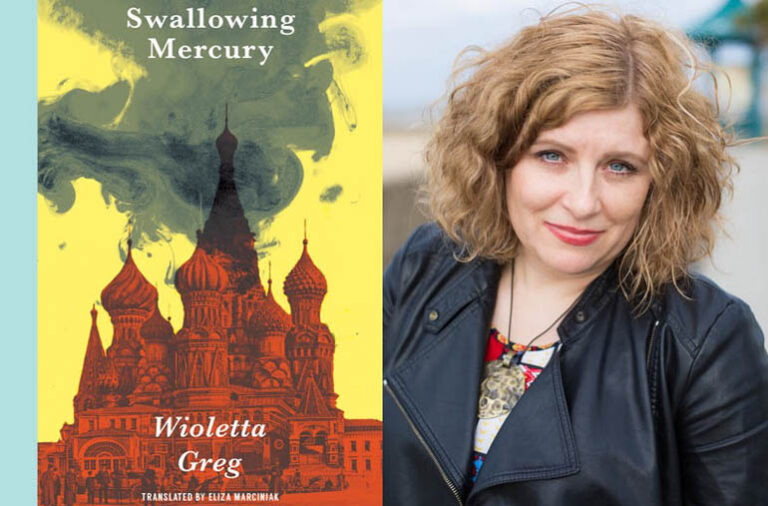The Eyes of Writers
The responsibility to organize what we see, to take the randomness of life and reconstruct it into a new form that has meaning, lies squarely with writers and other creative people (scientists and mathematicians alike).

The responsibility to organize what we see, to take the randomness of life and reconstruct it into a new form that has meaning, lies squarely with writers and other creative people (scientists and mathematicians alike).

The video game Tacoma is a story about an empty space station where its depths aren’t something presented but searched for—on bookshelves and in bedrooms. Sometimes stories are with the things we leave behind.

Through it all, Wiola is a clear-eyed tour guide narrator, blasting the reader with the harsh reality of her bildungsroman while simultaneously giving a close-up view of the isolated world she was born into.

Like many things in my life, the writer Bruno Schulz is an example of how I used to focus on men. Men’s troubles, men’s heartache, men’s surprising capacity for emotion. The sight of a man crying would put me in a state.

Handled well, what’s left out can illuminate a narrative, create a kind of translucence through which each scene, each character is given a kind of mysterious importance.

When I heard Chen read “Poplar Street” in a busy Washington, DC lunch spot, the whole farting bit elicited a variety of guffaws and cackles from his listeners. Their laughter sounded almost like barking. But Chen continued reading, and the rest of his couplet silenced the room.

Having grown up feeling starved for complex female antiheroes in fiction, women I could actually fully relate to without having to overhaul my personality, morality, or entire appearance, the recent influx of interesting, complex female characters in popular culture has been revelatory.

Neil Gaiman’s “The Goldfish Pool and Other Stories” is a story that should not work. Gaiman states almost as much in the introduction to the collection, Smoke and Mirrors, that houses the story. It’s a story that meanders with almost no sense of plot. Yet, it works.

My first encounter with Seferis was through a bilingual edition of his work translated by Edmund Keeley and Philip Sherrard. Until I read Seferis’s work, I hadn’t known Greek could be so beautiful, moving, and meaningful, even though I didn’t understand all of it at the time.
No products in the cart.